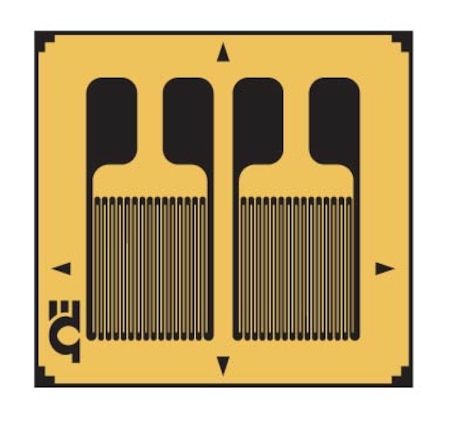Call us at 1-888-826-6342

| Quantity | Price each |
|---|---|
| 1-4 | $119.06 |
| 5-9 | $113.11 |
| 10-24 | $110.73 |
| 25-49 | $105.96 |
| 50-99 | $103.58 |
| 100+ | $101.20 |
Edit these specs to order a different model. Not all combinations are valid. Options compatible with previous selections will be in bold.
*Highlighted options are not compatible. Please select a different combination.